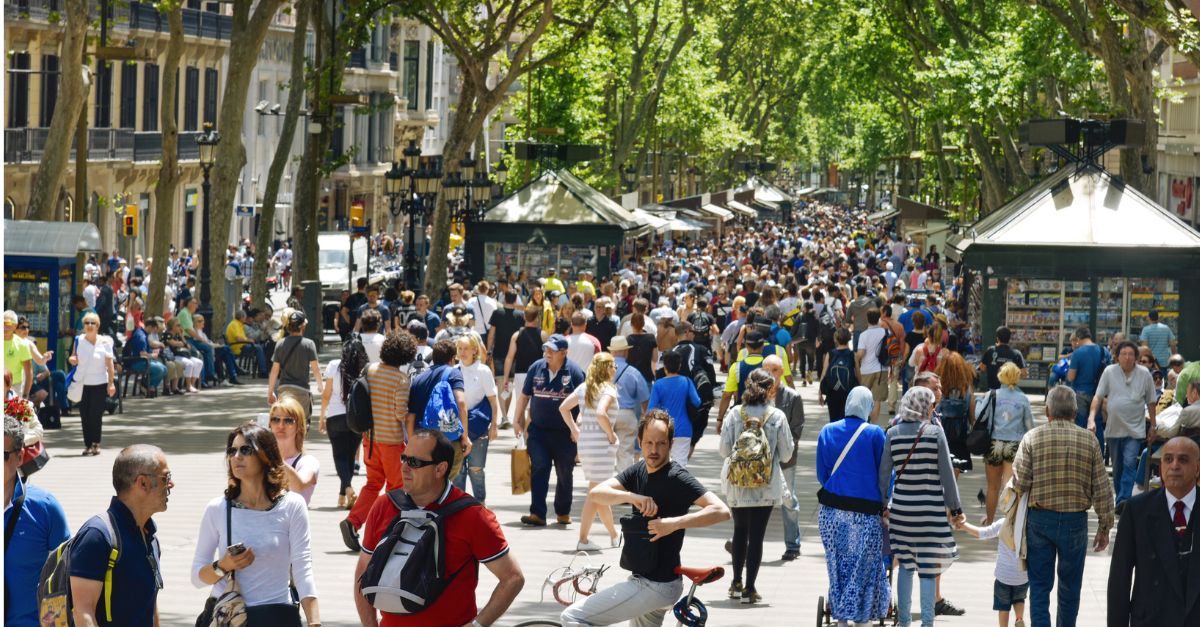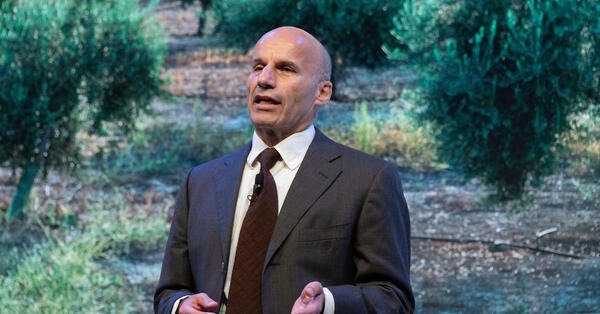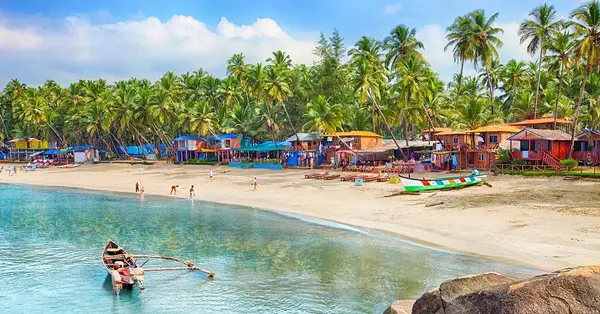You are viewing 1 of your 2 free articles
Leading Spanish destinations confirm intentions to cap visitor numbers
Two leading city destinations in Spain have confirmed they aim to cap visitor numbers to address residents’ concerns following protests at the impacts of ‘overtourism’.
Speaking at a Spain Talks conference on sustainability organised by the Spanish Tourist Office in London, the heads of tourism in Palma de Mallorca and Barcelona agreed: “Let’s not be afraid to discuss limits.”
Pedro Homar, managing director of Palma de Mallorca Tourism, said: “Residents are our priority nowadays.”
He noted “we slashed marketing budgets in the last three to four years” and told tour operators: “I’m sorry for that.”
But Homar insisted: “Limits are good. Let’s not be afraid to discuss limits.”
Barcelona Tourism director general Mateu Hernandez agreed, saying: “We’re 100% the same in Barcelona. The city began to do this – no more hotels, no more tourism flats, no more cruises, no more tour groups.”
He noted visitor numbers of 15 million in 2024 showed no increase on 2023 and said: “This is not failure. This is what we’re looking for. We don’t want visitors to feel crowded.”
Hernandez said the residents of Barcelona “want this balance”, arguing: “Our challenge is to answer the question – can tourism save us from tourism? This is the key question.”
He described the protests against tourism as “sad”, insisting “it’s a minority who don’t want tourism”, but said: “We want to prioritise who is sleeping on beds [in the city]. Our key priorities are conferences and events – we’re investing €400 million in infrastructure for conferences – and culture.”
Homar told the conference: “We have a cap of 12,000 beds in the city – 95% in four and five-star hotels. We hardly have two and three-star hotels. We are positioning ourselves as more upscale and cosmopolitan. We limit daily cruises.
“We want to manage the destination. We’re not in the business of marketing the destination.”
Mayor of Palma de Mallorca, Jaime Martinez, said: “We have to control the number of visitors. We want Palma to be a reference point in the travel market.”
Tui head of sustainability Ian Corbett said “Tui wants to be part of the solution”, noting: “Destinations have their limits and it’s for destinations to decide what tourism they want and how much.”
He added: “It’s important we put as little additional strain on destinations as we can. It’s about well-planned, well-executed, controlled tourism, not about exclusion.”
Pictured: Las Ramblas in Barcelona (credit nito / Shutterstock)


















